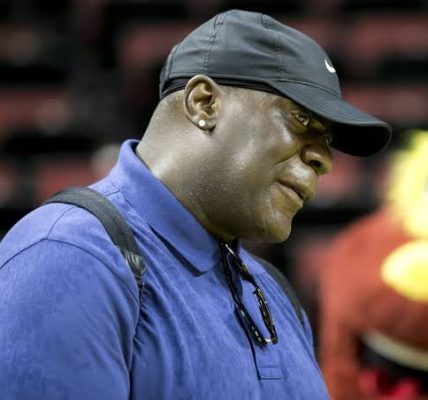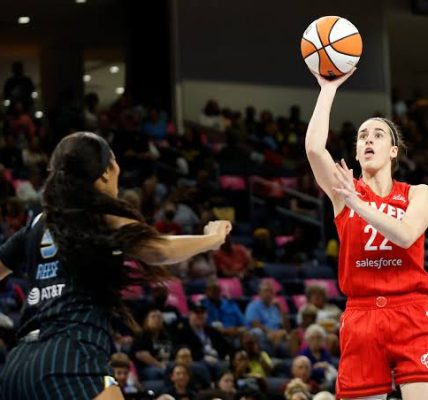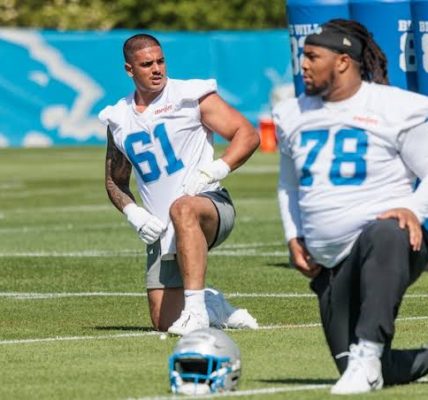‘It’s hard to accept’ – Xabi Alonso under fire again as second Bayer Leverkusen star admits he would have left if Real Madrid boss had stayed at Bundesliga side
“It’s hard to accept” – Xabi Alonso under fire again as second Bayer Leverkusen star admits he would have left if Alonso had stayed.

In a fresh salvo fired at Xabi Alonso, Patrik Schick, the prolific Czech striker at Bayer Leverkusen, has echoed earlier criticism from Jonas Hofmann—becoming the second high‑profile player to publicly reveal he would likely have departed the club had the Spaniard remained at the helm.
Schick: sidelined under Alonso, disillusioned with communication
In a candid interview with Goal.com, Schick admitted that being marginalised by Alonso was “hard to accept.”
The selection decisions struck a chord: Schick had grown used to being a key figure, the primary attacking outlet—and to see him regularly demoted to the bench, often without clear explanation, led to mounting frustration (Goal).

Though he didn’t explicitly say he would have demanded a move, the subtext was unmistakable: Schick was both disappointed and disheartened, suggesting that staying under Alonso would have pushed him to look elsewhere.
This follows hot on the heels of similar remarks by Jonas Hofmann, who opened a major can of worms just days earlier.
Hofmann: wanting honesty and planning to leave
Hofmann, speaking to Kölner Stadt‑Anzeiger, was even more blunt.
He lamented the lack of direct communication from Alonso, expressing that he expected a coach to speak frankly:
He revealed he wasn’t a starter until the final Bundesliga matchday, a situation that left him feeling undervalued and fed up.

Notably, Hofmann confirmed he would have requested a transfer if Alonso had stayed on—calling the past season “very disappointing” and localising it in a metaphorical box he would never reopen (Diario AS).
With the arrival of Erik ten Hag as Alonso’s replacement, Hofmann hopes for a fresh start—but he was clear: had Alonso remained, he would have called time on his Leverkusen tenure.
Alonso’s legacy—and the fallout from success
From October 2022, Alonso transformed Leverkusen.
After guiding the team from relegation danger to an undefeated double in 2023–24 (Bundesliga and DFB‑Pokal), he expressed gratitude and ambition:
He confirmed his exit to Real Madrid in May 2025, with the announcement that the final two Bundesliga games of the season would mark the end of his Leverkusen chapter (The Guardian, Wikipedia).
Even though his contract ran until 2026, there existed a gentleman’s agreement allowing him to return to any of his former clubs—Real Madrid, Liverpool, Real Sociedad, or Bayern—without resistance from Leverkusen (SI).
The club and Alonso opted to remit the final year of his contract, emphasising a clean and respectful parting (The Guardian).
Despite this success, not all players felt aligned with Alonso’s approach.
Hofmann and Schick’s revelations expose a potential weakness in team cohesion and trust—particularly when communication breaks down.
Team friction reveals leadership gaps
Both players highlighted a common issue: a lack of communication.
Hofmann said it should not take more than two weeks without direct feedback—even outside of matches—while Schick described benching decisions as unexplained and hard to process (Diario AS, Goal).
It’s notable that these are not isolated complaints—Hofmann was the first to break the silence; Schick’s statements indicate deeper grievance beneath the surface of collective success.
While Alonso’s tactical vision, man-management, and winning culture were widely praised, these criticisms suggest that individual relationships may have been sacrificed in the pursuit of team discipline and a rigid system.
This friction has now spilled into the open, raising questions:
-
Were these issues systemic or isolated to certain players?
-
Did Alonso’s style—declarative, authoritarian, strategic—leave little room for open dialogue?
-
Did success mask or delay tensions which only emerged under pressure?
New era with Ten Hag: reset or continuity?
With ten Hag now installed at the BayArena, Leverkusen supporters and players alike see a pressure valve release.
Hofmann—in particular—sees this as a chance to reboot his trajectory:
“New coach, new opportunity … with Xabi Alonso I probably would have thought about a change of scenery.” (Diario AS)




